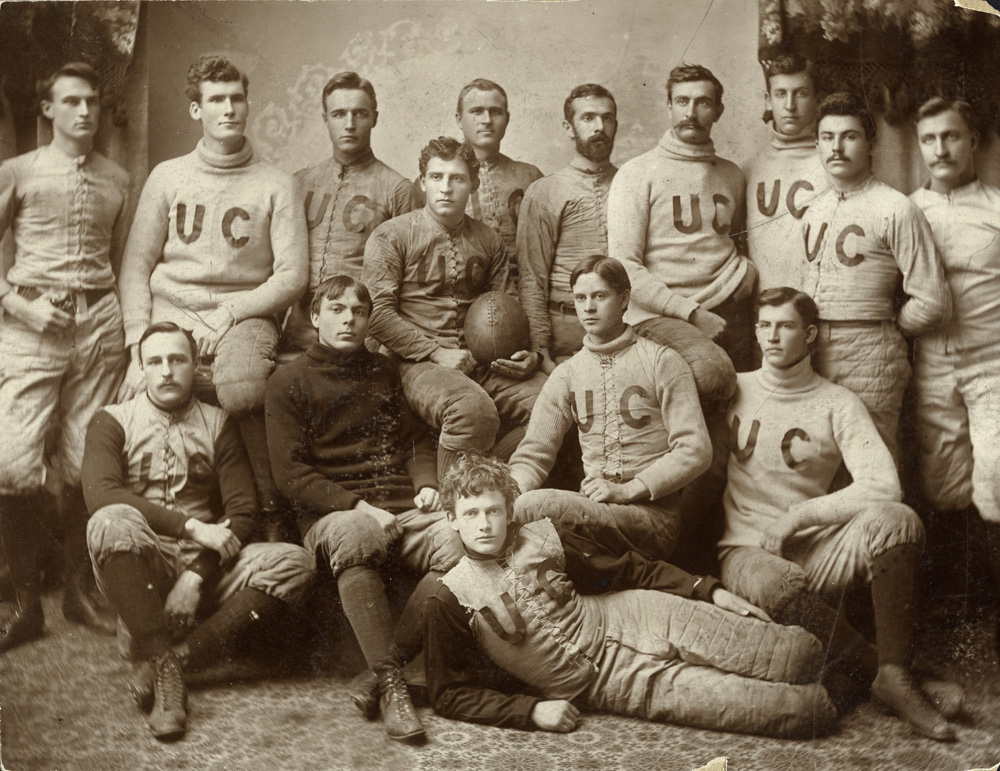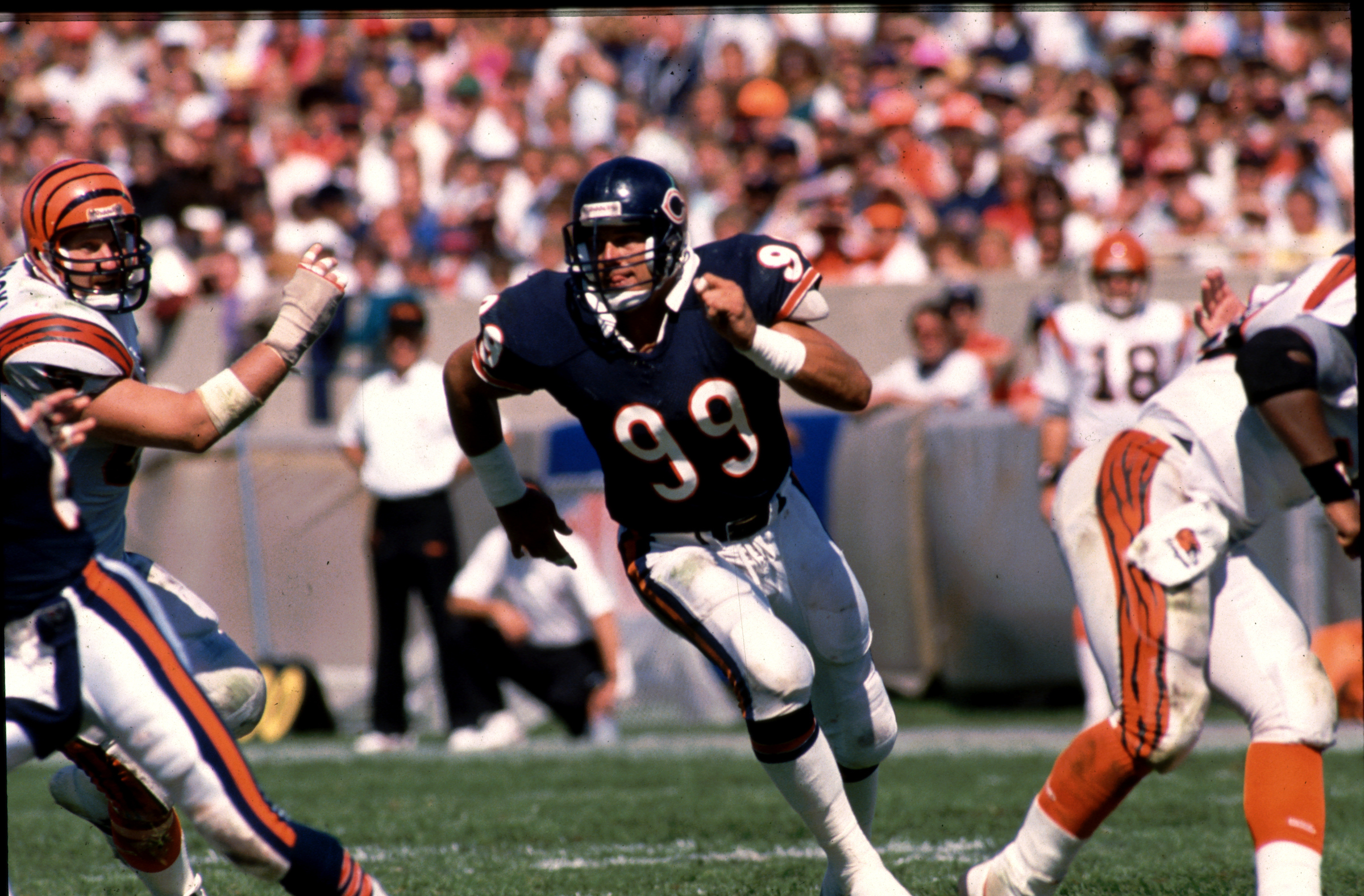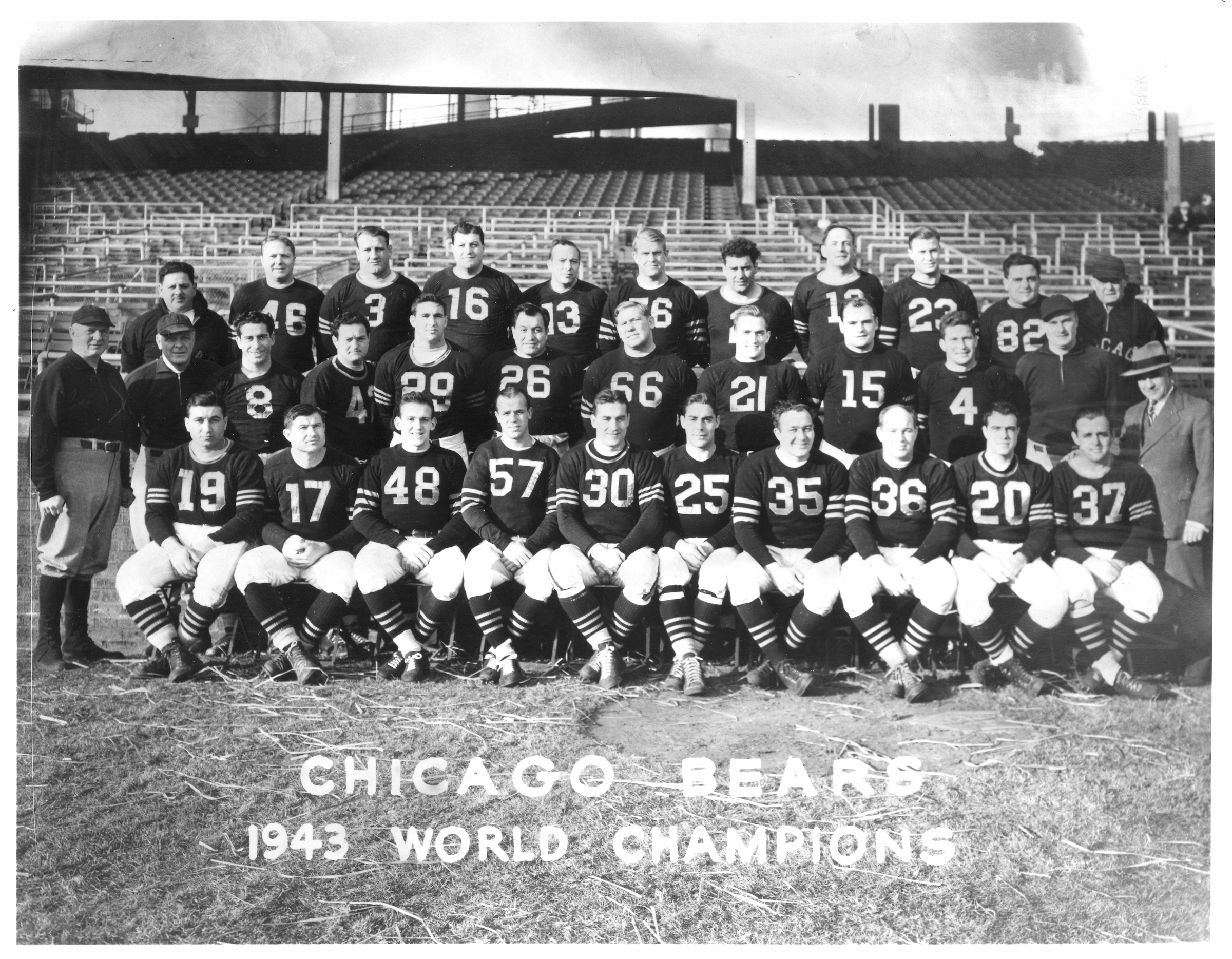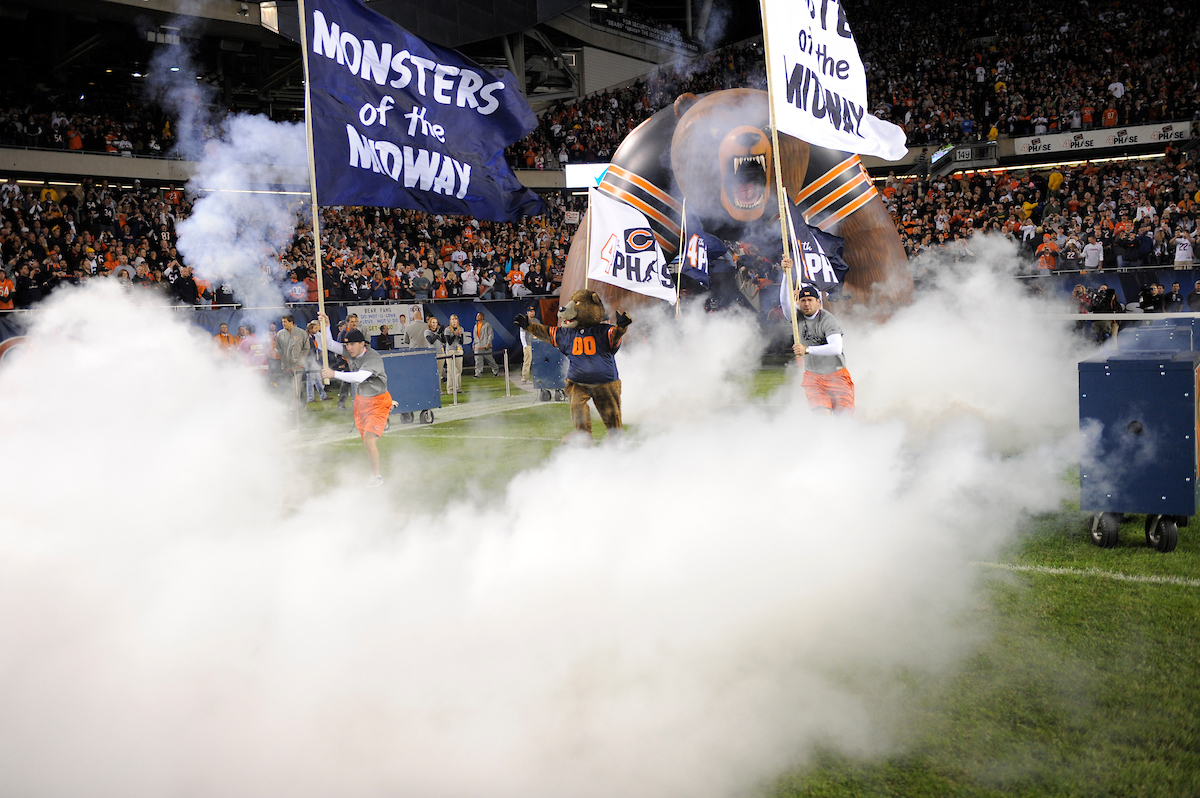The Chicago Bears, one of the original franchise teams of the National Football League, are heading into their 102th season this month.
When the team’s defense is strong and they’re having a particularly good season, sports journalists, announcers and fans refer to the team as the Monsters of the Midway.
The team’s had the nickname since the 1940s. It’s on flags at soldier field, on jerseys, in song lyrics about the team and it’s even the title of the Bears’ official comic book series.
Winnetka resident Rick Mullin has wondered for years how the Chicago Bears got that nickname.
So he asked Curious City: Why are the Chicago Bears called the Monsters of the Midway?
A number of theories have circulated about the origins of the nickname. Some have suggested it has to do with the Bears’ geographical location, with Chicago being in the Midwest. Others think it bears some connection to Midway International Airport.
But as WBEZ sports contributor Cheryl Raye-Stout told Curious City, “Those theories are incorrect.”
It turns out the Bears aren’t even the original Monsters of the Midway. The nickname belonged to another team, first.
So how did the Bears end up with one of the best nicknames in the game?

The first Monsters of the Midway: The Chicago Maroons
The first team to be called the Monsters of the Midway were the Chicago Maroons, the University of Chicago football team, said Raye-Stout.
According to Nathan Lindquist, sports information director for the University of Chicago, it’s likely the Maroons earned the nickname because of the university’s location along the Midway Plaisance, not because they practiced on the Midway (as it's colloquially known).
The Midway Plaisance was created in 1893 for the World's Columbian Exposition. It’s a mile-long green space connecting Washington Park at its west end and Jackson Park at its east, named for its central location between the two parks.
Raye-Stout said the Maroons, which made their varsity debut in 1892, were a great football team under the leadership of the legendary coach Amos Alonzo Stagg.
They dominated college football in the early 1900s, winning three national championships. The Maroons’ Jay Berwanger was also the first player to be awarded the Heisman Trophy, which at the time was called the Downtown Athletic Club Trophy.
U of C’s Lindquist said it likely wasn’t the university or even fans that were responsible for the “myth-making” about the team by adopting the nickname, but rather the invention of local sportswriters such as those at the Chicago Tribune who needed a catchy phrase.

A winning team needs a winning nickname
So what does the nickname of the Maroons have to do with the Chicago Bears? Not much.
Raye-Stout said by the late 1930s the University of Chicago shut down its football program (it would bring it back years later) in part because football was considered too violent and the university’s president wanted to focus on academics.
Around this time the Chicago Bears were rising to popularity; they had won six championships throughout the 1930s and ’40s.
The Bears were unstoppable, thanks to coach and owner George Stanley Halas Sr., aka “Papa Bear,” and his new T-formation offense that showcased the talents of legendary quarterback Sid Luckman.
And sportswriters were looking for a way to highlight this success. It was common for journalists in print media to come up with nicknames for teams, Raye-Stout said.

“The ‘Monsters of the Midway’ title undoubtedly was given the Bears after they whipped the Giants 56 to 7 in 1943,” wrote Warren on October 27, 1946.
The name stuck. Every great Bears team since the 1940s has been called the Monsters of the Midway.
“The Bears have a tradition of strong defense,” Patrick McCaskey, Chicago Bears vice president and grandson of George Stanley Halas Sr. said.
“The Bears’ defense looks a little different now,” he added, “but the nickname Monsters of the Midway still applies.”
And it’s likely the nickname isn’t going away anytime soon. After all, the fanbase really likes it, said Scott Hagel, senior vice president of Bears marketing and communications.
“A lot of these stories are taught to you by your mom or your dad, or maybe there’s an uncle or grandma or grandpa. People that are Bears fans, a lot of them know about this because of what’s been passed down from generation to generation … and that’s I think one of the really cool things about Bears fandom is it’s such a communal experience,” Hagel said.

And by the way, why are the Bears called the Bears?
Chicago doesn’t have any bears.
In 1920 the Bears were founded as the Decatur Staleys. They played in Decatur, a city in central Illinois, for the American Professional Football Association.
A year later, the team moved to Chicago and in 1922 changed its name to the Chicago Bears.
“When the Bears began playing at Wrigley [home of the Chicago Cubs], owner and player George Halas, Sr. thought football players are usually bigger and stronger than baseball players, so Halls called his team the Bears,” McCaskey said.
More about our question asker
Rick Mullin grew up in Minneapolis but now lives in Winnetka, Illinois. He’s a long-time listener of WBEZ and Curious City.
He was surprised that the University of Chicago “hasn't been complaining,” about the Bears using a nickname that once belonged to their football team.
These days, Mullin doesn’t watch a lot of professional football games, but he is a sports fan. “My kids went to Division III schools,” said Mullin. “So I'm actually a big fan of division three athletics in general.”
When it comes to football, he admitted, “I would rather spend my time rooting for Northwestern or University of Minnesota.”
Araceli Gómez-Aldana is a news producer and reporter for WBEZ. Follow her at @Araceli1010.


